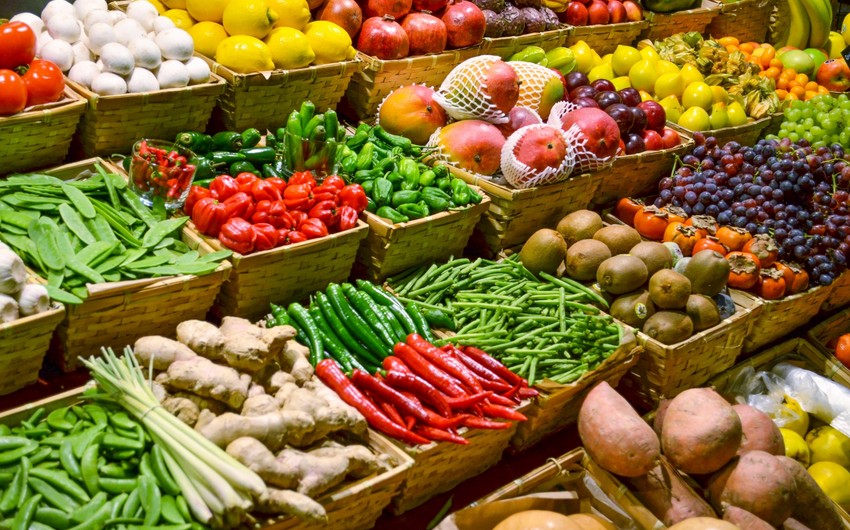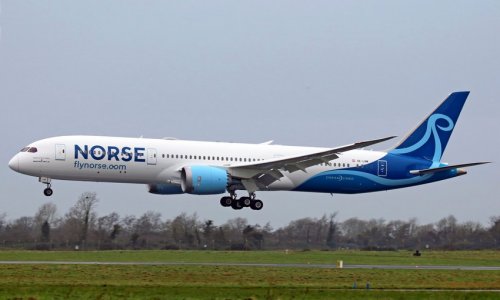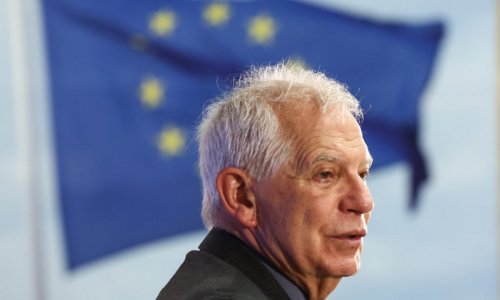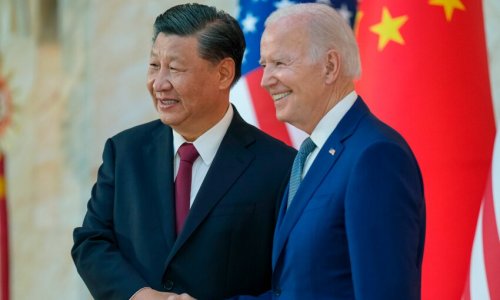The nation’s legislature voted in favor of the ban on Thursday, heading domestic calls to punish Russia for its invasion of Ukraine. The restrictions will not impact the transit of grain onward to other markets.
Latvia is one of Europe’s harshest critics of Moscow’s war and has lobbied for tougher sanctions as well as for more weapons supplies to Kyiv. The Baltic country has unsuccessfully pushed for a ban of Russian grain imports at the EU level.
"Economic security is an essential aspect of national security,” said Janis Reirs, chairman of the budget committee, in a statement. "Consuming products of Russian origin, thus directly or indirectly supporting this criminal regime, is not compatible with the morals of society.”
The EU doesn’t typically bring in large amounts of grain from Russia, as both are significant exporters of staples like wheat and barley. Still, some crops flow into the bloc. Imports of Russian durum wheat — the variety used to make pasta — are running at about 418,000 tons in the current season, up about ninefold versus last year, government data show.
Latvia imported €280 million ($304 million) worth of Russian agricultural products in the first 10 months of 2023, according to the law’s annotation, adding that it’s the second largest importer in the EU. The government has two weeks to issue regulations after the law comes into force.
www.anews.az
Follow us !











